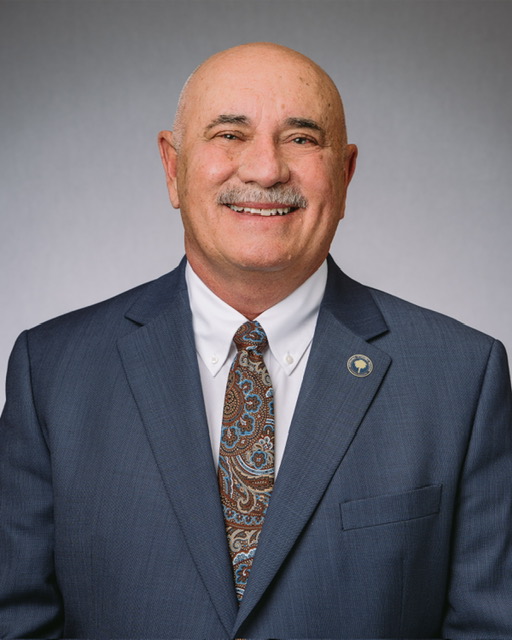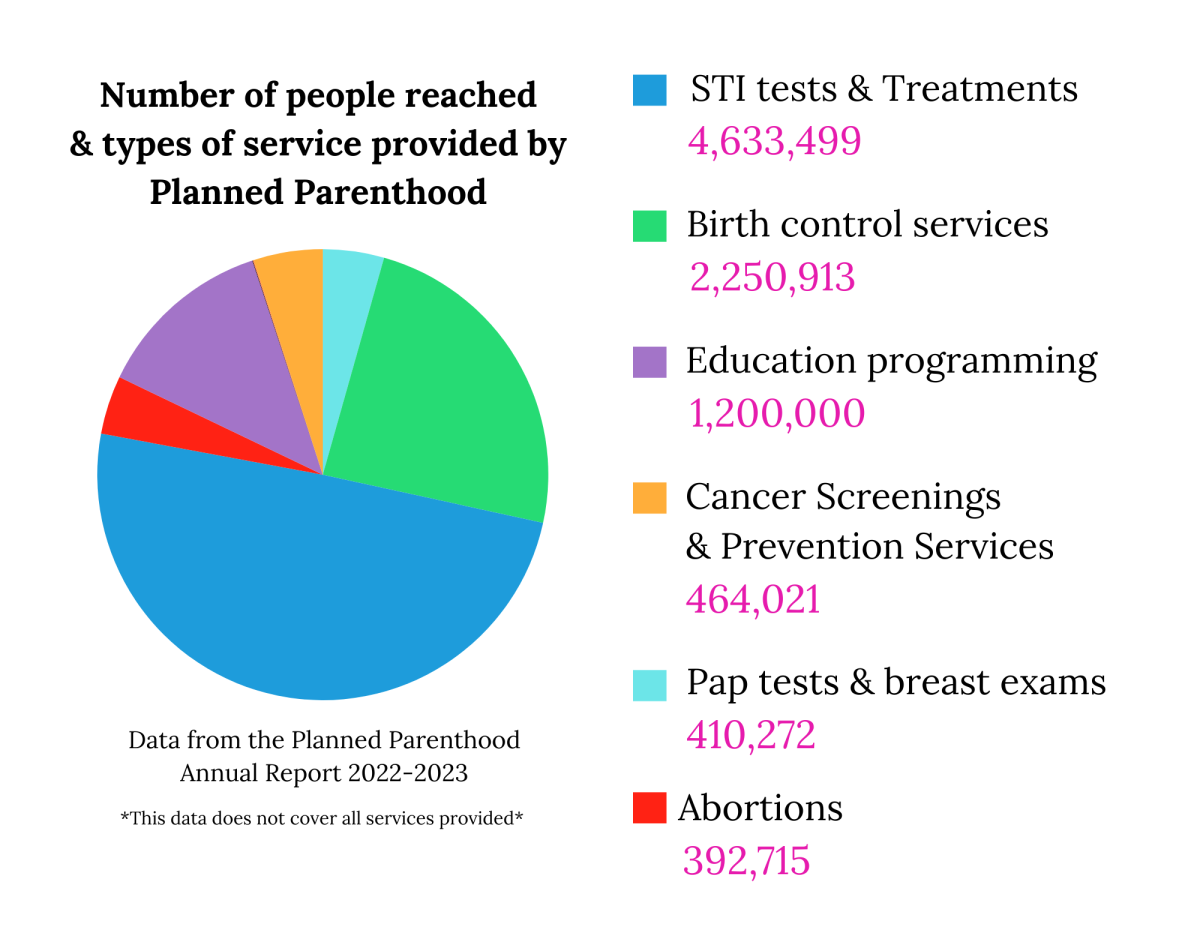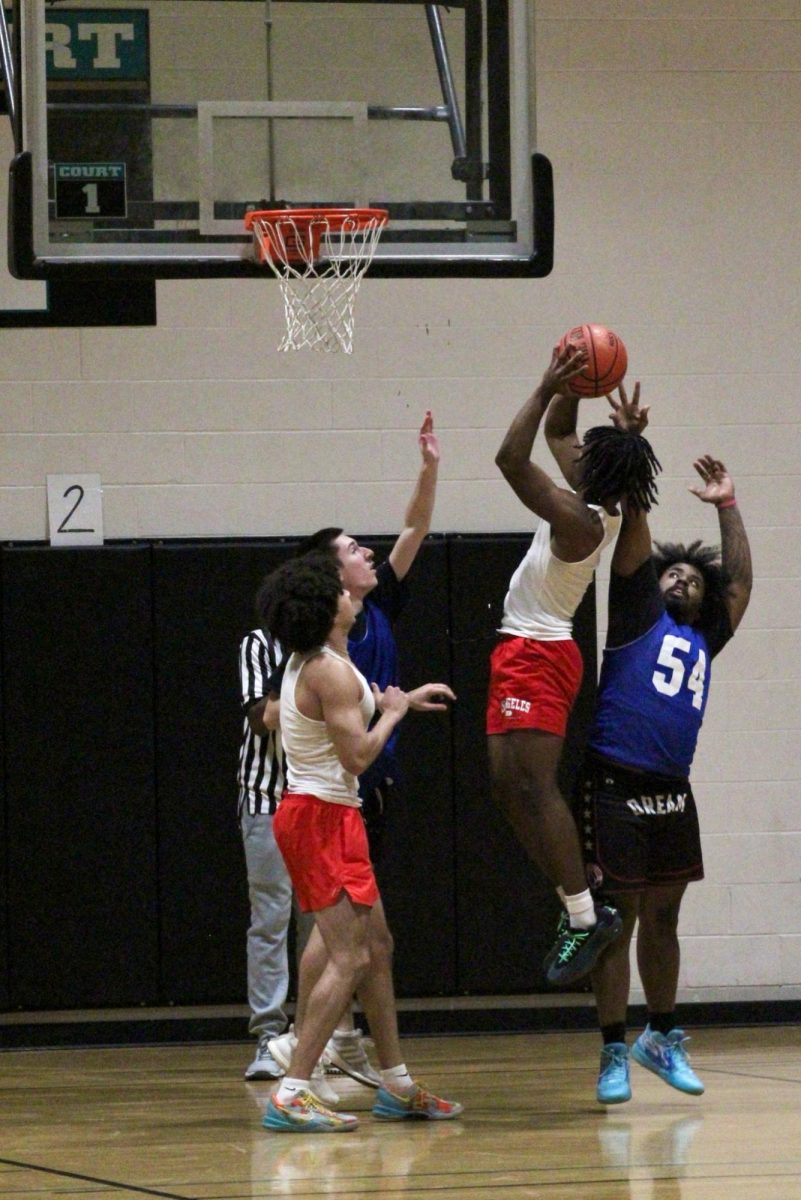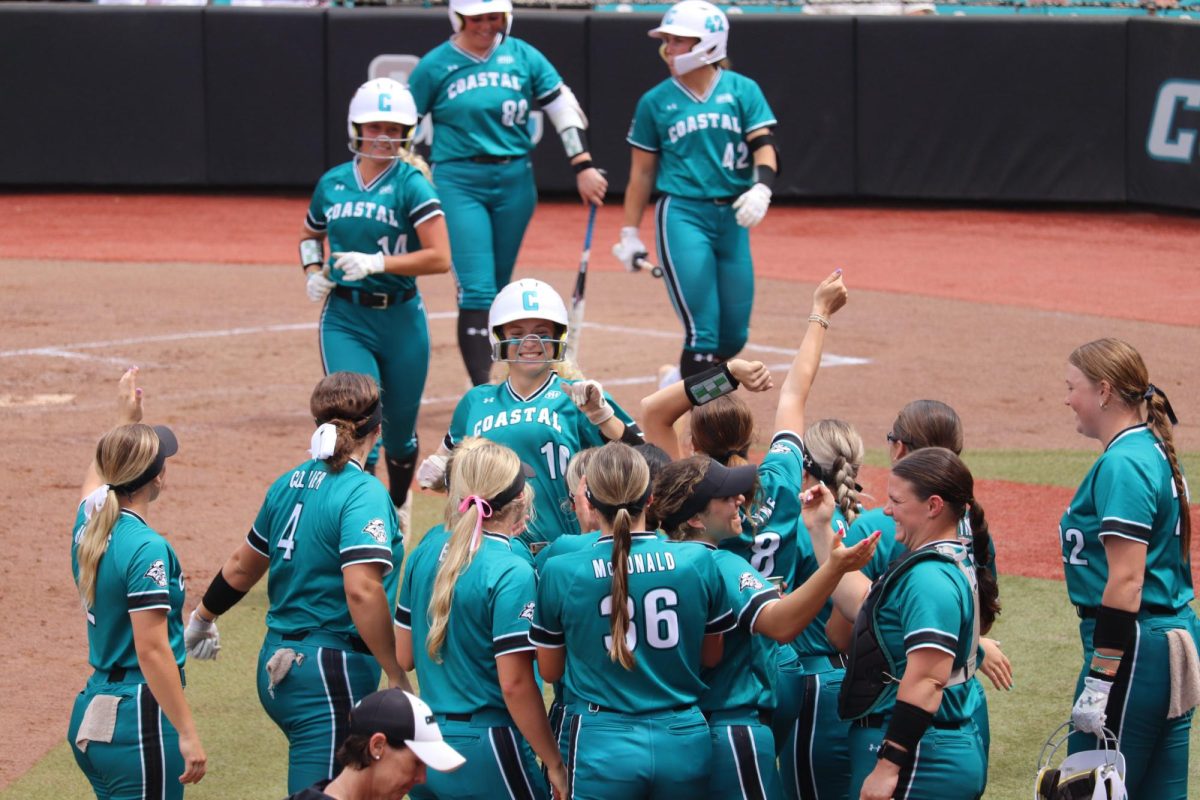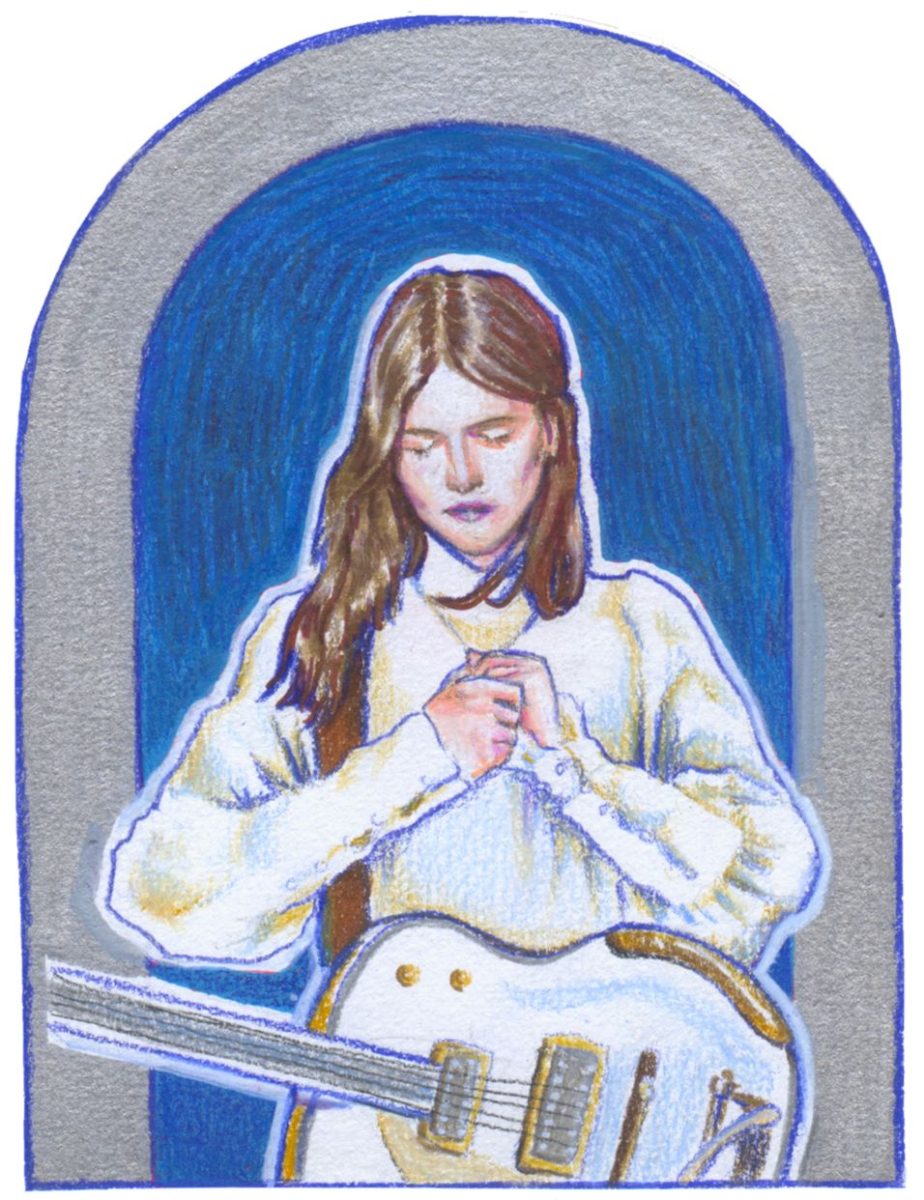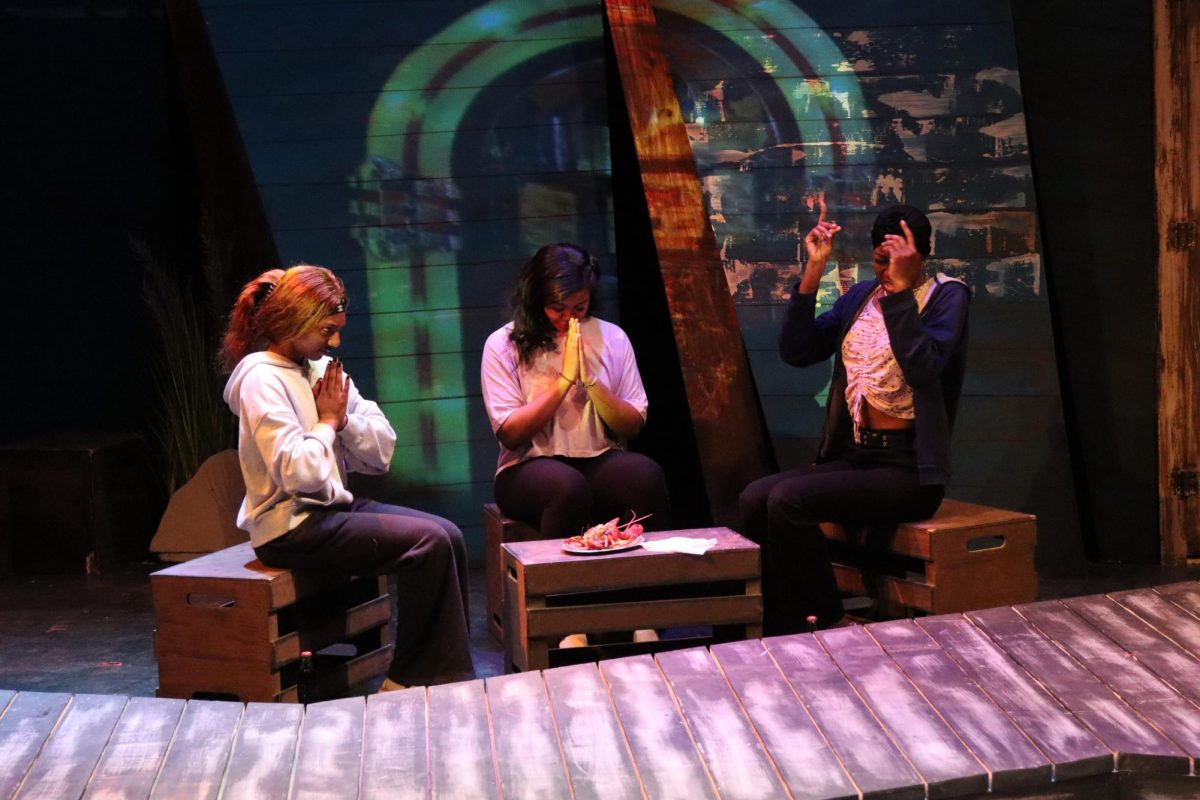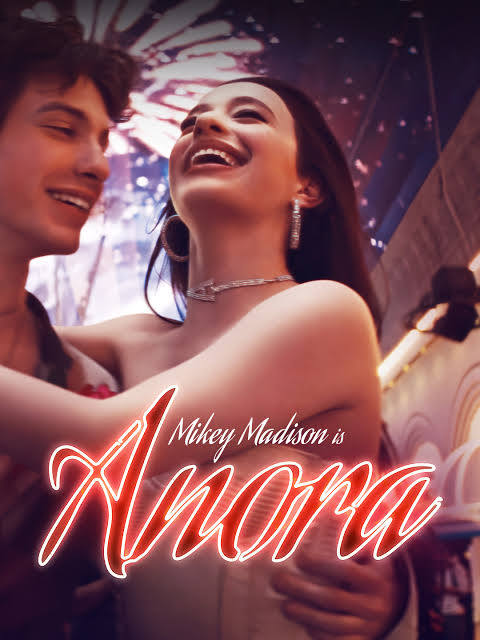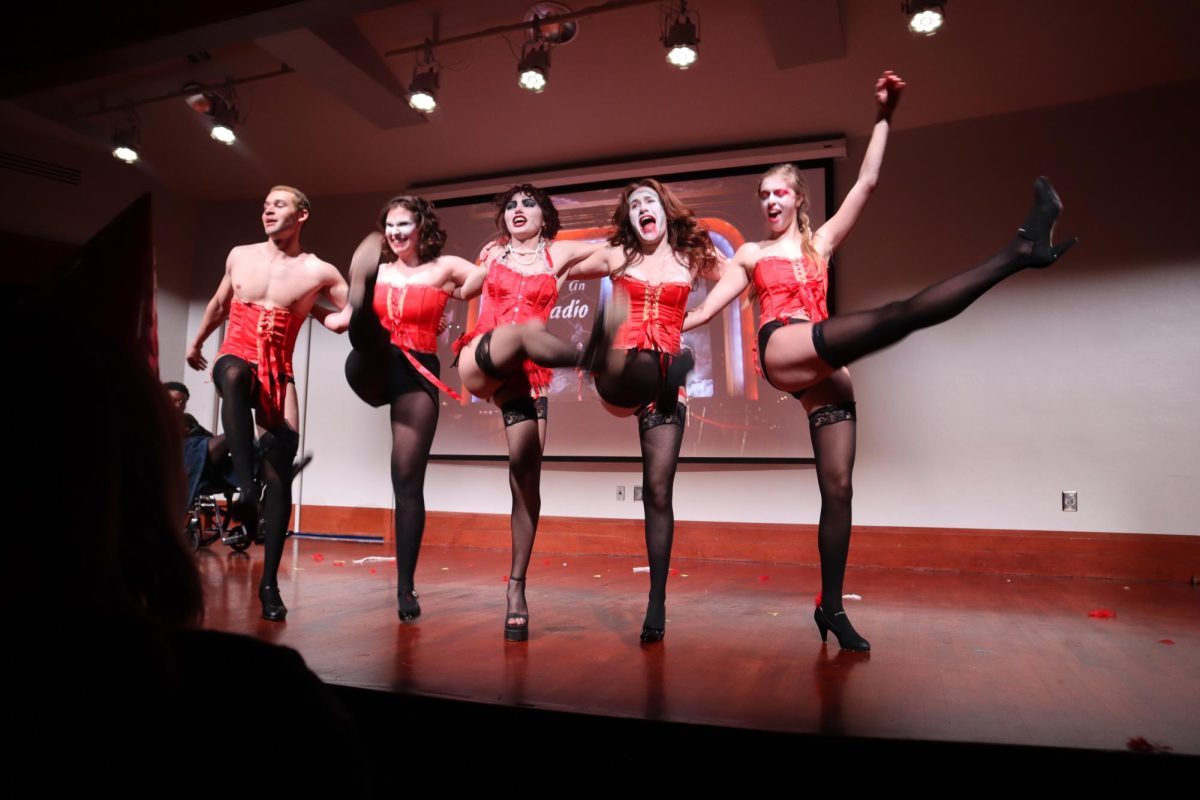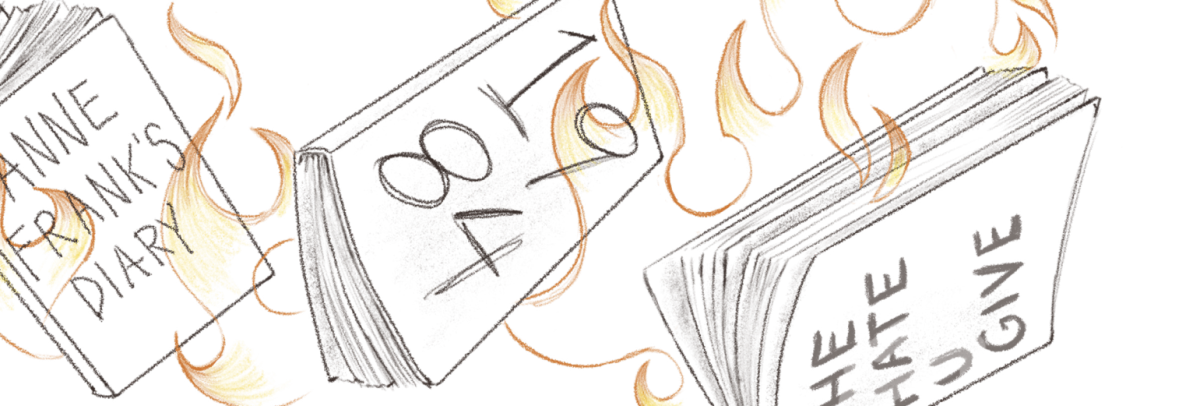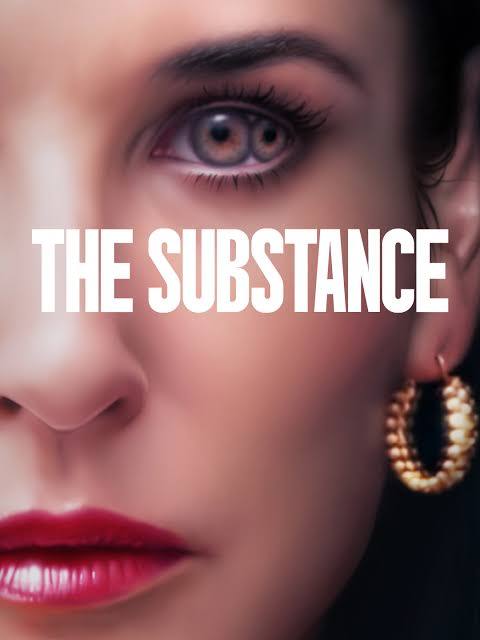Coastal Carolina University students and faculty celebrated Banned Books Week from Oct. 1-7 with a symposium and an exposition in the Bryan Information Commons lobby.
The celebration brought attention and spread awareness about Banned Books Week, the importance of these stories, and why they were banned. The exposition took place throughout the week, and showcased the main event, Banned Books Symposium, on Oct. 3. Students were selected to present on various banned books and explore reasons why they were challenged in the first place.
One presenter, Kaylee Conklin, conducted her presentation on the book “Melissa,” expressing the reasons why the book was banned by certain schools as well as why people should be talking about it.
“I think it’s important to know that this book was banned due to its [LGBTQ+] themes,” Conklin said. “And I am an [LGBTQ+] advocate, so I chose this book in hopes to bring light to the situation, and to encourage other people to read these books and take advantage of these resources that are out there.”
Junior Olivia Taylor expressed annoyance toward parents pushing to ban certain books, especially the one she presented, ”Looking for Alaska.”
“If you really think your kid shouldn’t be reading it—you’re an adult, you have that capability,” Taylor said, “but it shouldn’t just be banned for everybody.”
Taylor shared an instance where a school had a class that wanted to teach “Looking for Alaska,” but got backlash from parents—specifically those who didn’t have kids in the class. According to Taylor, the teachers also sent out permission slips for parents to give parents the choice to allow their child to take part in the readings or not.
Senior Taylor Castelot did her presentation on “A Light in the Attic” and the effects of some book bannings. This is a book of poems for kids that some parents had deemed “too dark” and “rebellious” for kids, which she argues actually helps them.
“I believe that it helps children find this side of themselves that is creative, and inspires them to do things that are fun, and embrace their life and their emotions,“ Castelot said.
According to Senior Lecturer Ellen Arnold, young readers and those who are impoverished are the most impacted by the banning of books.
“Most of the challenges and most of the bans are happening in public schools settings and public library settings,” Arnold said, “and it’s young readers who depend on those public settings for those books, and especially children and young adults who are impoverished and who can’t afford to buy their own books.”
Assistant professor of digital culture and design, Anna Mukamal, said showing up to events like this one helps spread the word to show support for the cause.
“I think simply attending events like this is a great way to show your support. You’re hearing from students who have really done the work of actually sitting down and reading a banned book in its entirety,” Mukamal said, “which is a lot more than can be said for some of the people who are advocating for banning books.”
